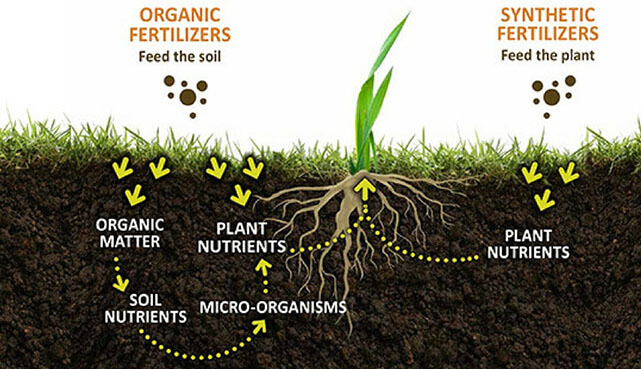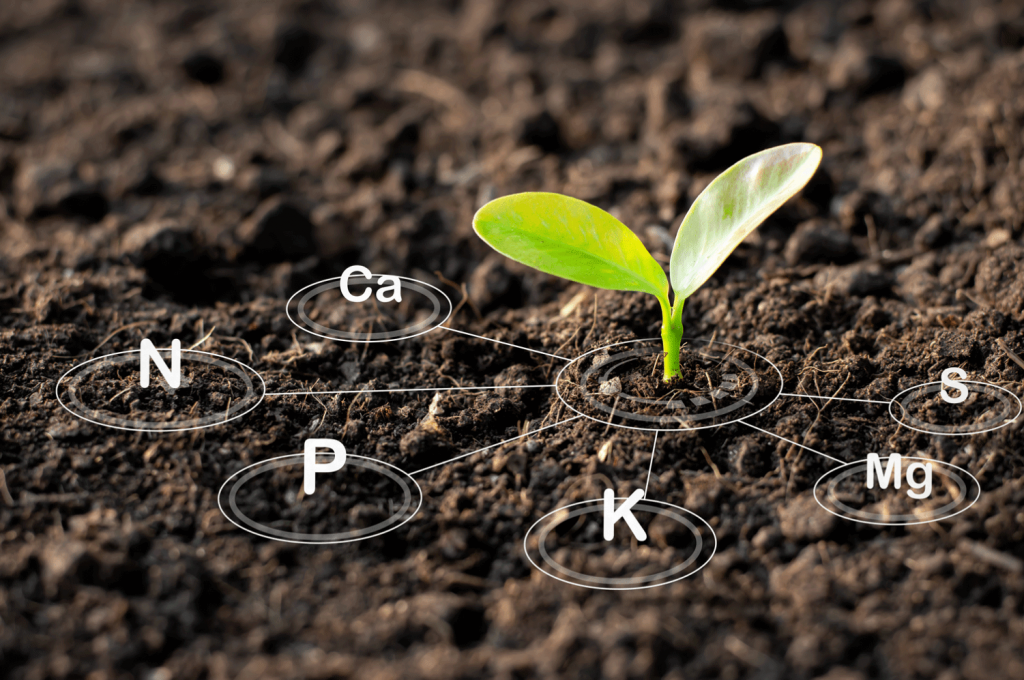As a gardener, you may have come across the term NPK on your fertilizer bags. NPK stands for Nitrogen, Phosphorus, and Potassium, which are three essential nutrients that plants need to grow healthy and strong. The NPK numbers on the bag represent the percentage of each nutrient in the fertilizer. Understanding the importance of NPK numbers in soil can help you choose the right fertilizer for your plants and ensure their optimal growth.


